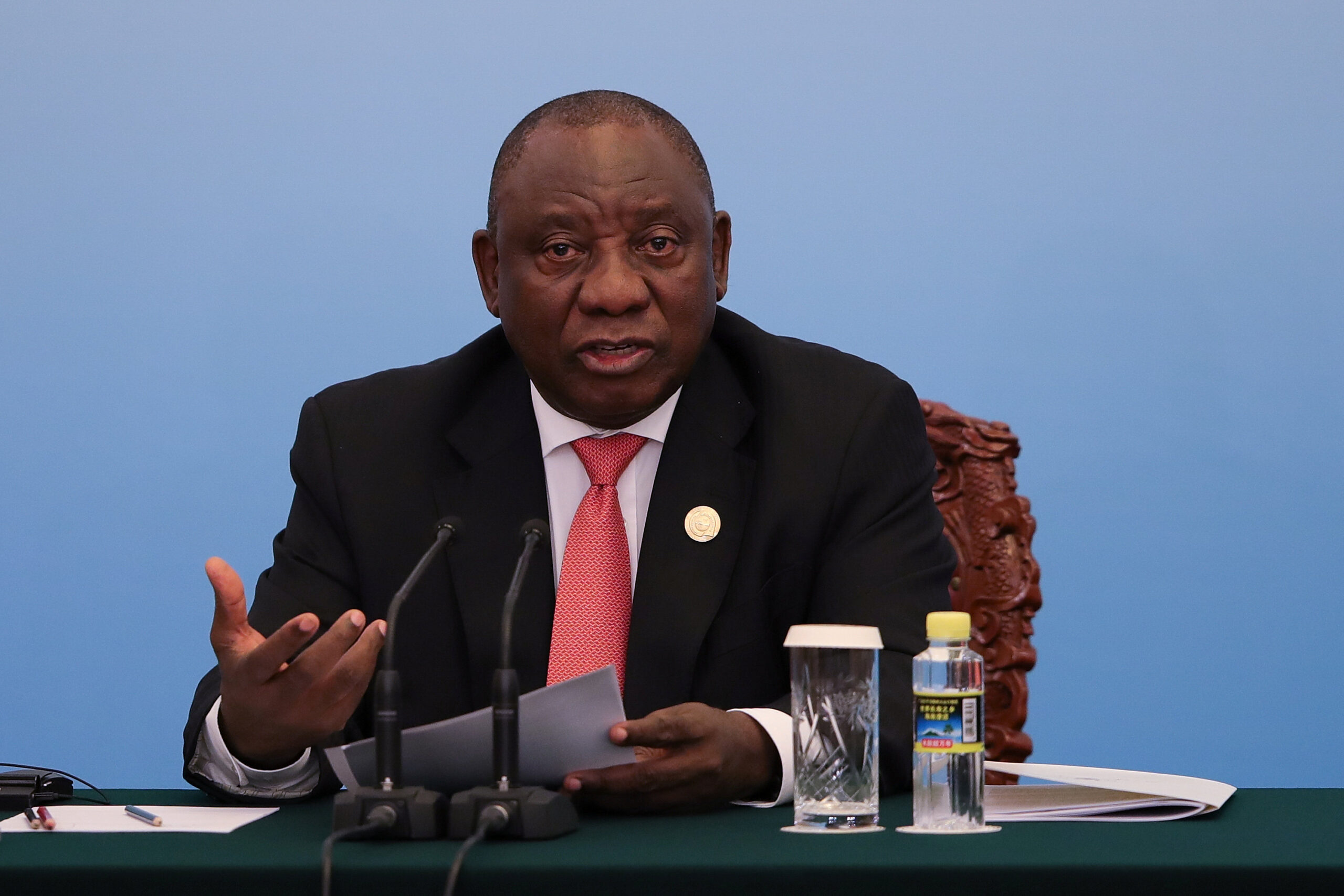
South Africa’s slide into recession revised to 2,6%
South Africa entered recession in the second quarter for the first time since 2009, data showed on Tuesday, in a stinging blow to President Cyril Ramaphosa’s efforts to revive the economy after a decade of stagnation.
Stats South Africa revealed on Tuesday that GDP figures for the second quarter of the year showed a contraction of 0,7%.To make matters worse, the figure for the first quarter has been revised to a contraction of 2,6%.
The rand stretched losses against the dollar to more than 2% and government bonds fell after the data was released. Analysts had predicted the economy would grow 0.6% in the latest quarter.
However finance Minister Nhlanhla Nene says South Africans must not panic over the country’s slide into technical recession and trust government’s plan.
Nene was speaking on the sidelines of the Forum on China Africa co-operation in Beijing.
The largest negative contributors to growth in GDP were agriculture, transport and trade.
“We didn’t think we would have the second contraction, we were hoping we would have a moderate recovery.”
But he said that government is working on a plan to finalise a structural reform package.
Nene said he doesn’t think that the latest figures have something to do with the current heated debate around the expropriation of land without compensation but says government can’t deny that the VAT increase and fuel price hikes have had an impact on the numbers.
Africa’s most developed economy needs faster economic growth if it is to reduce high unemployment – currently at 27% – and alleviate poverty and inequality that stokes instability.
Unemployment is a hot-button issue ahead of national elections in 2019, and the African National Congress (ANC) has made repeated pledges that things will improve.
Statistics South Africa said agricultural output fell 29.2% in the second quarter, while the transport, communication and storage sector shrank 4.9%. Mining output grew by 4.9% and finance by 1.9%, however.
Statistics South Africa said the economic contraction in the first quarter was steeper than initially recorded, at 2.6%, and that gross fixed capital formation fell by 0.5% in the second quarter.
Ramaphosa has made wooing foreign and domestic money a cornerstone of his economic reform agenda, so the investment numbers will come as a big disappointment.






